


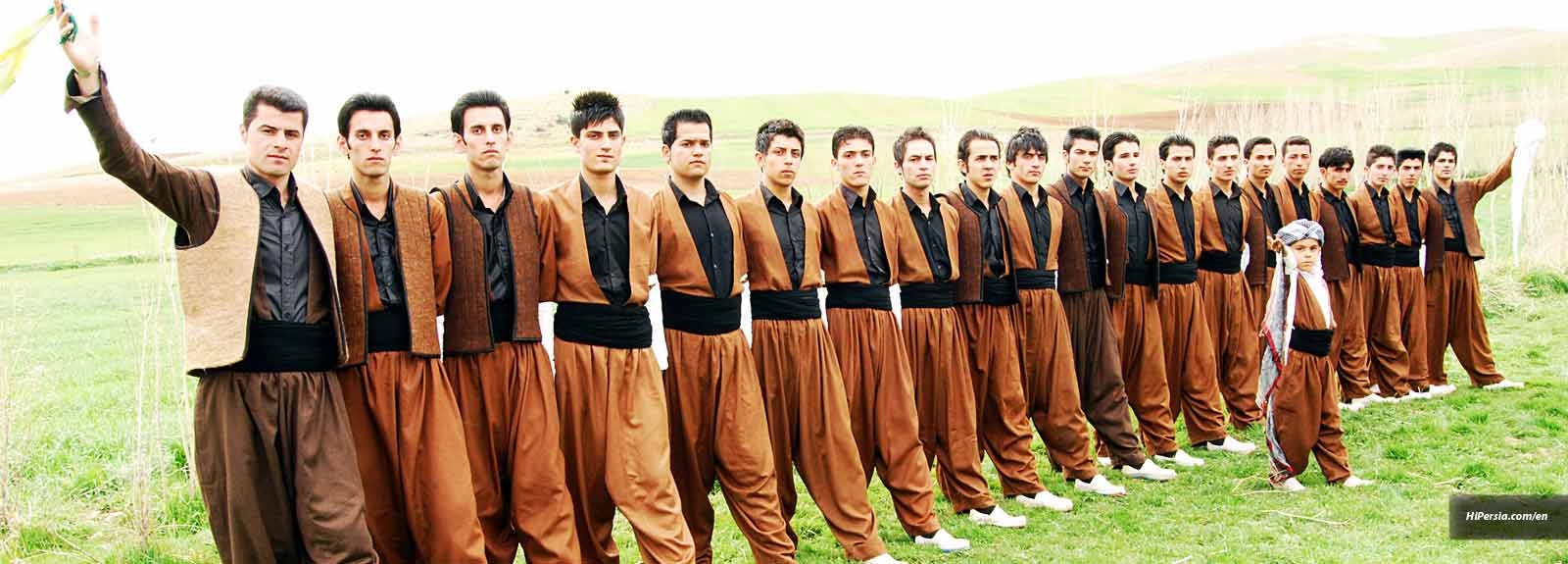
Kurdish dance is a holding hand dance that is a part of Kurd's dramatic rituals.
Kurdish dance that is known as Helperkê or Govend is a form of holding hands dance and a dramatic ritual of the Kurds. Helper means movement and shaking, which is a sample of war movements. Helperkê is a group dance that performs in an incomplete circle of dancers who tie their hands and move from left to right. This group of dancers consists of males and females. The first person on the right and left leads the others and coordinates the rhythmic movements with a handkerchief in hand. Moreover, the double handkerchief dance is a type of Kurdish dance that is common in Kermanshah and Ilam Province. The person who stays on the left holds two handkerchiefs to show the skill of dancing. If you look at them from afar, they seem like a chain.

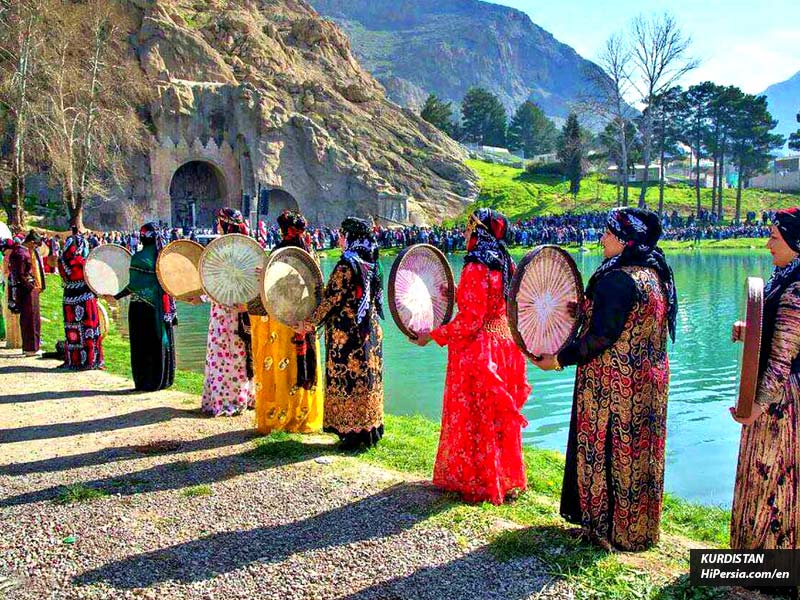
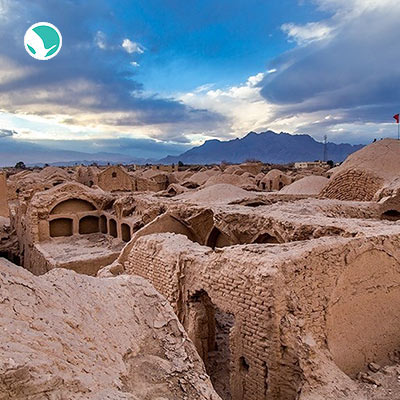
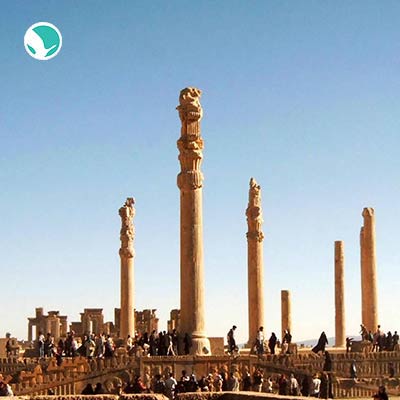

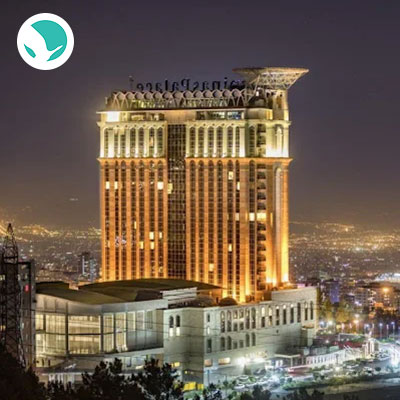
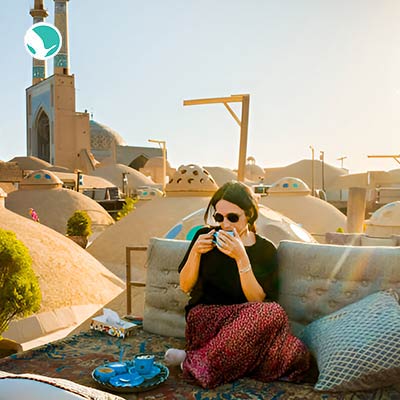
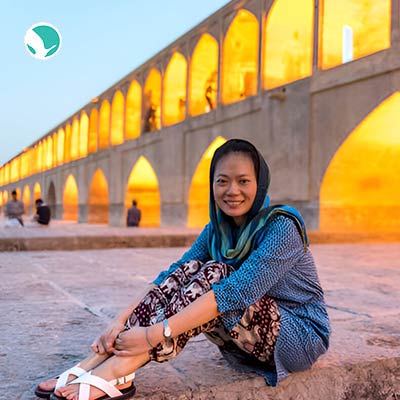
“Oh! Squander not this breath that Heaven hath lent thee, Nor make too sure another breath to borrow!’” Khayam